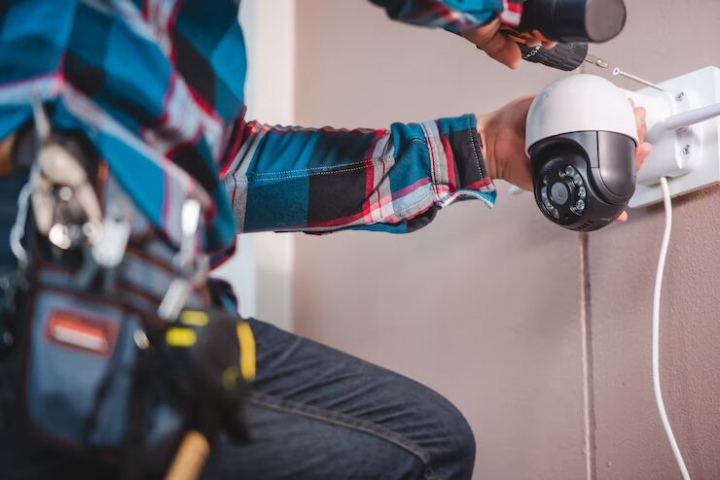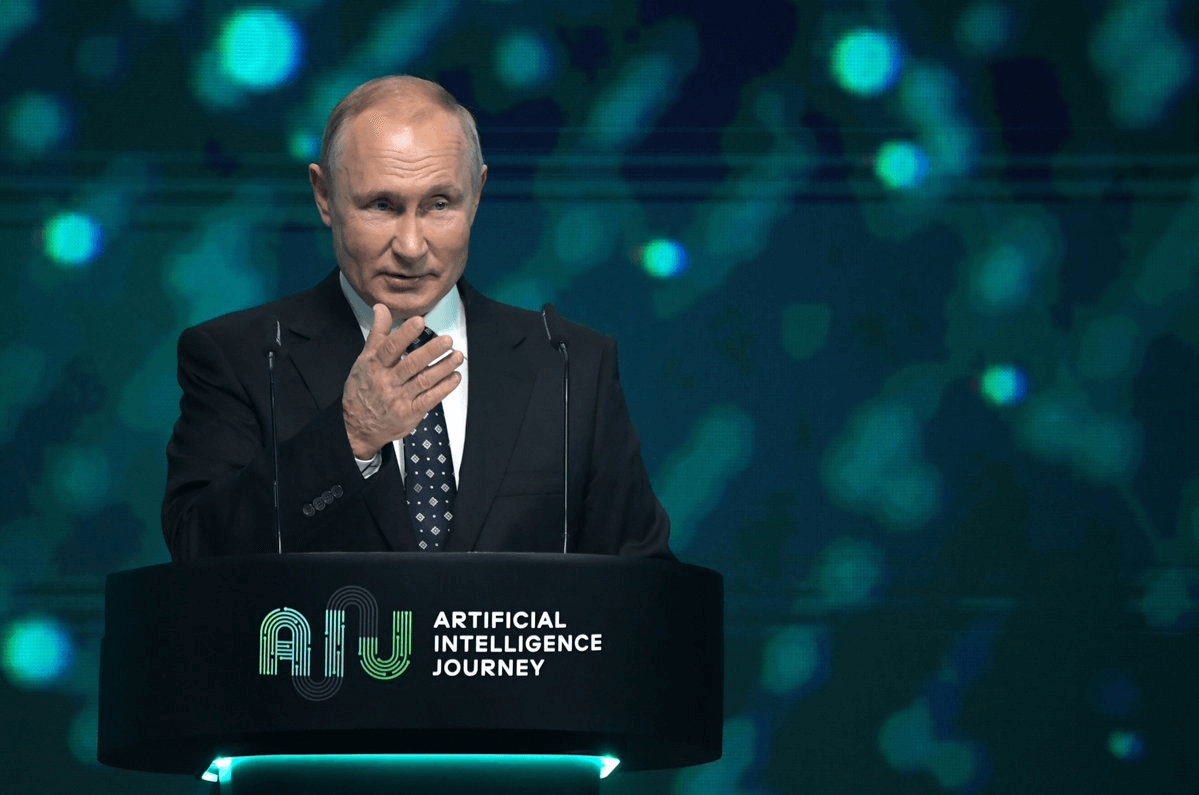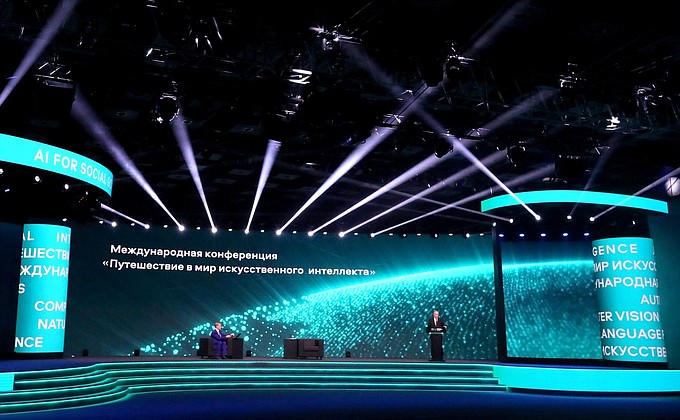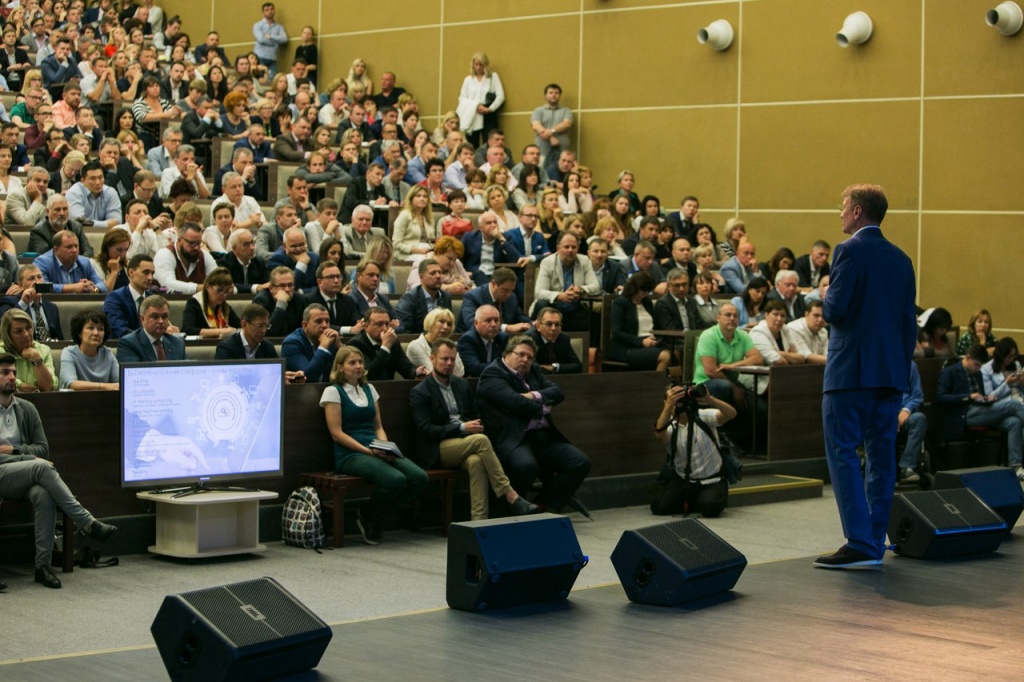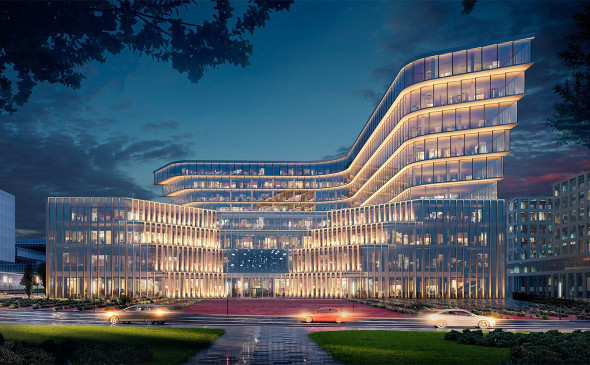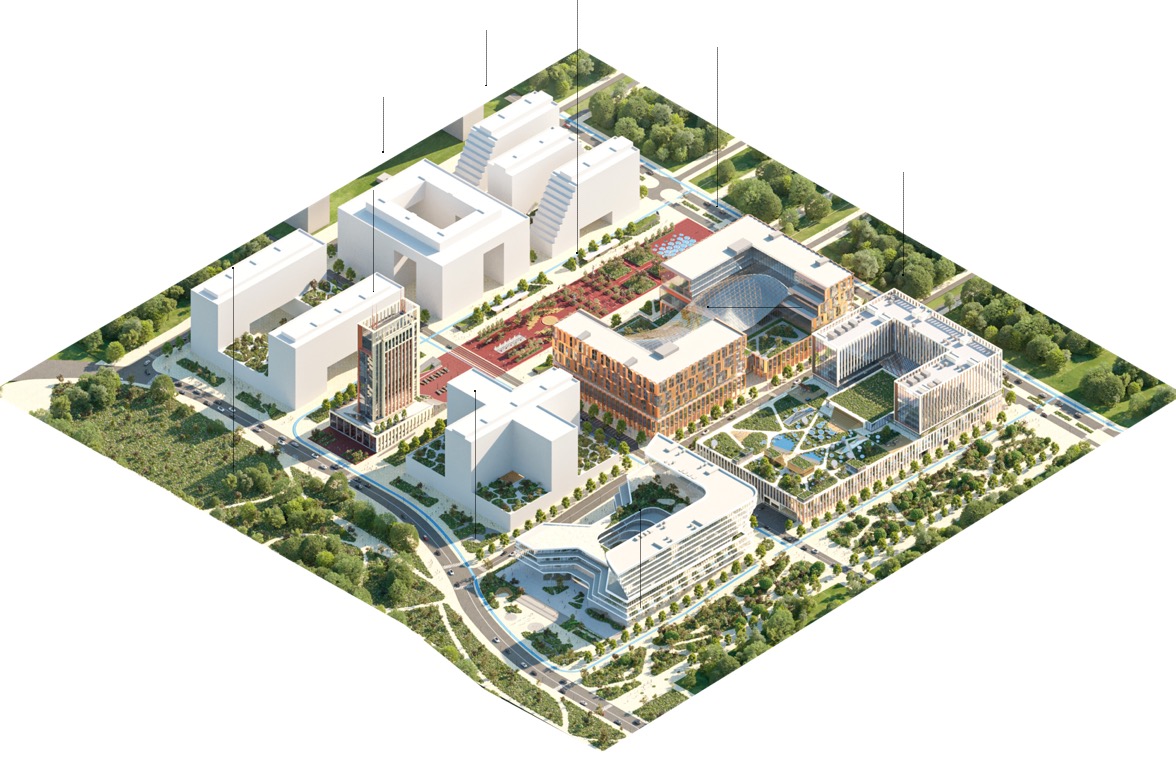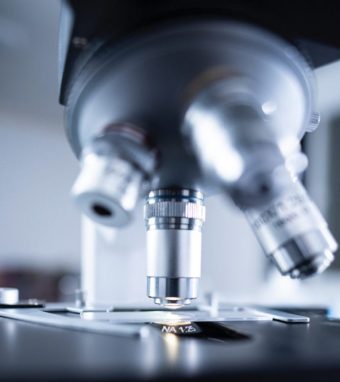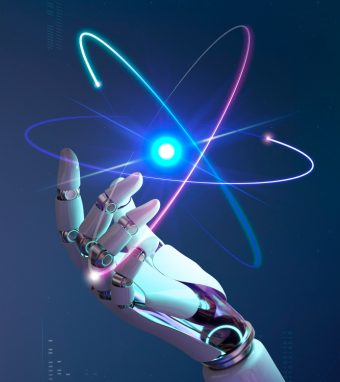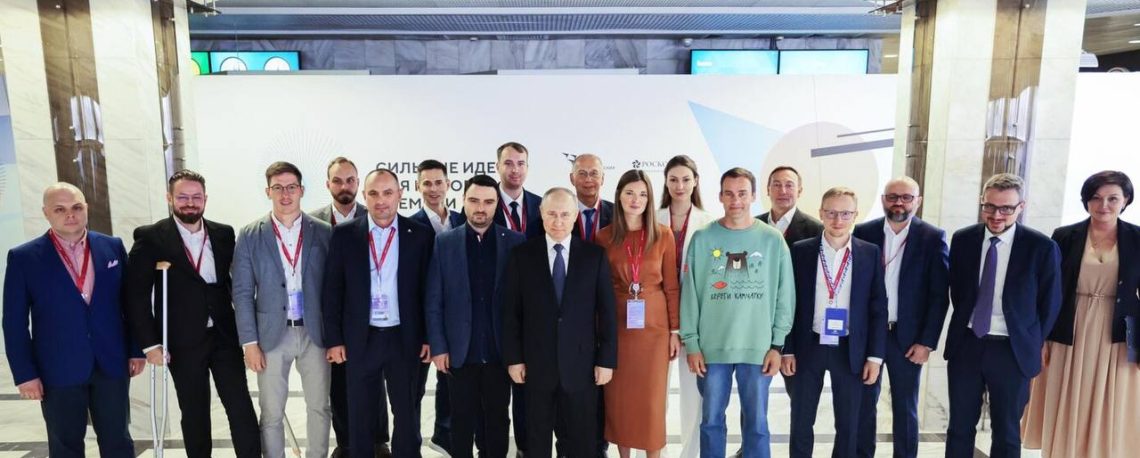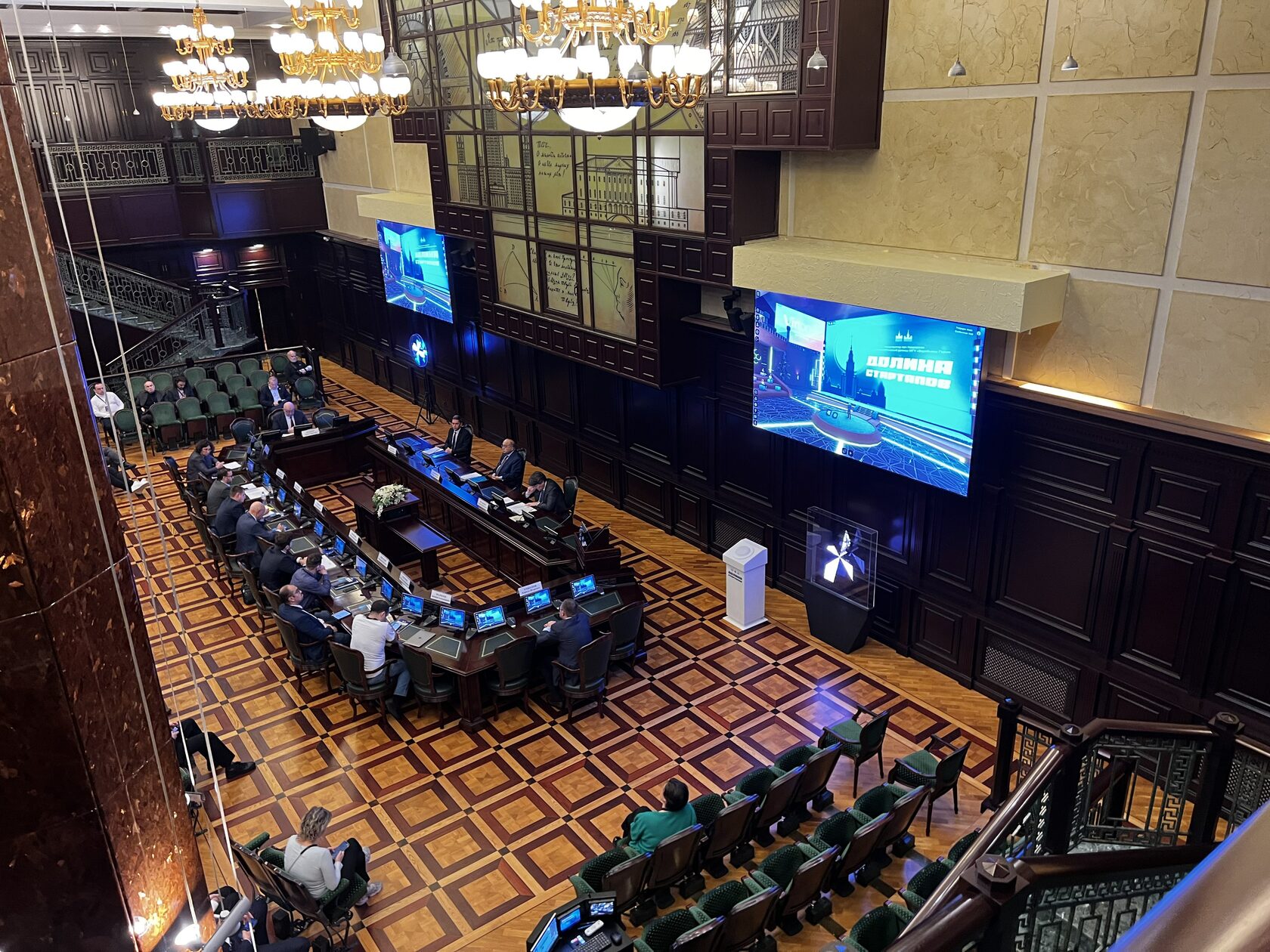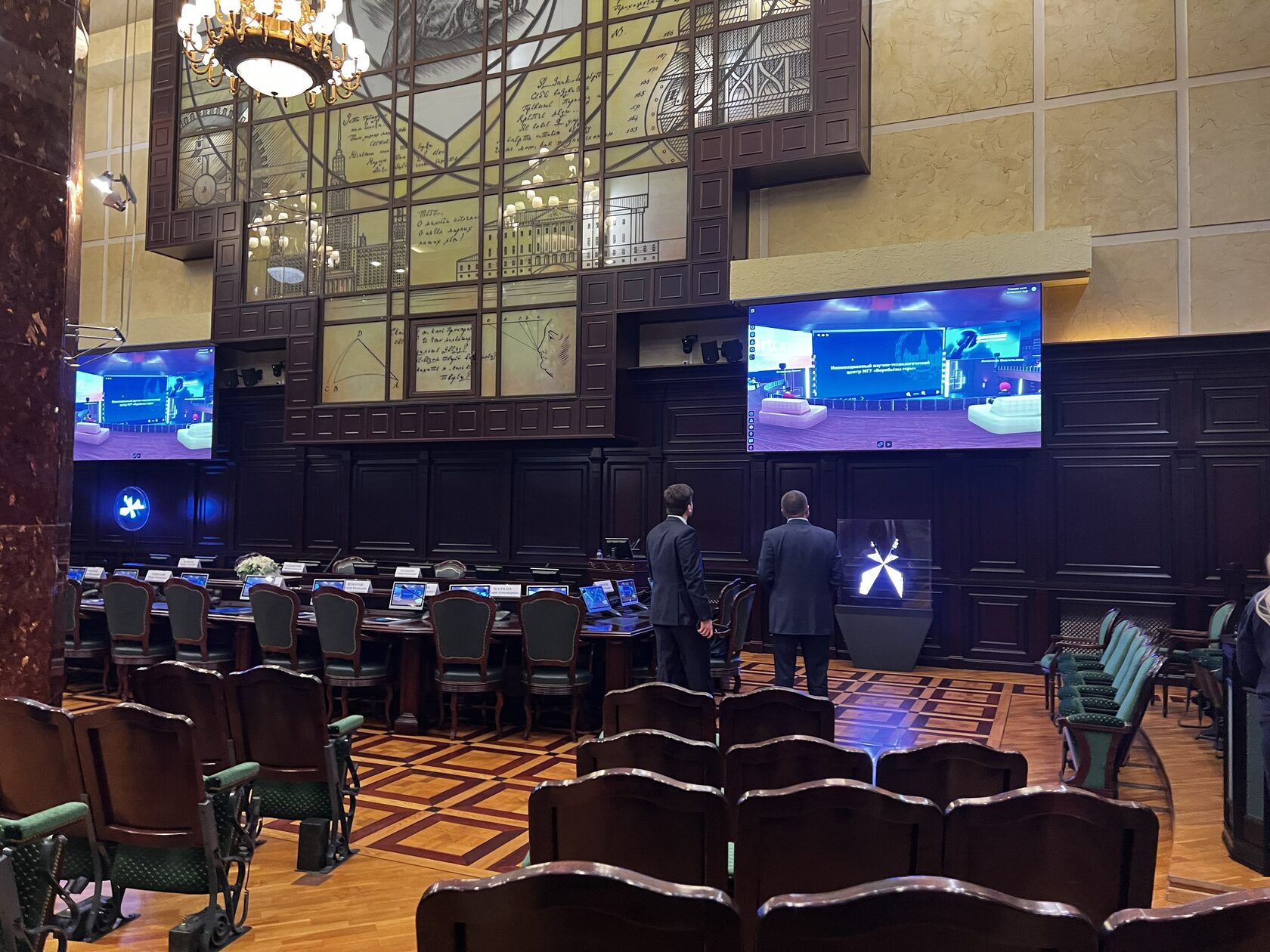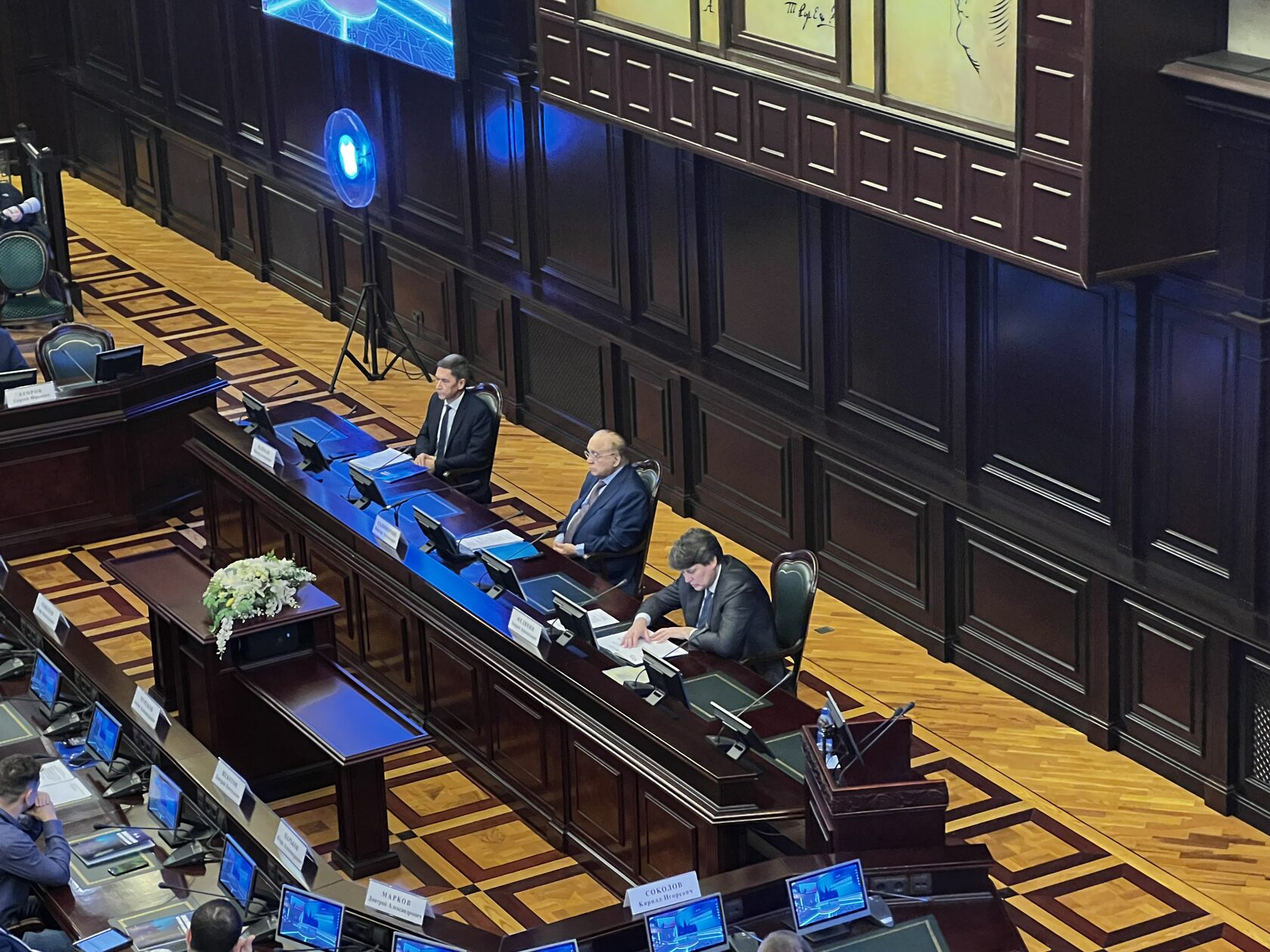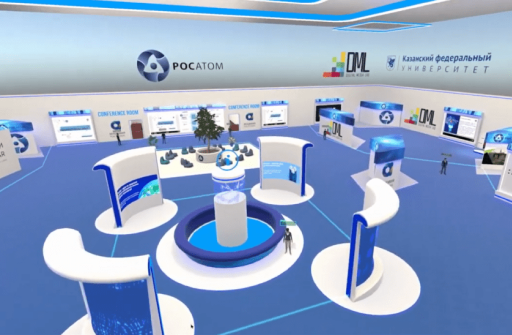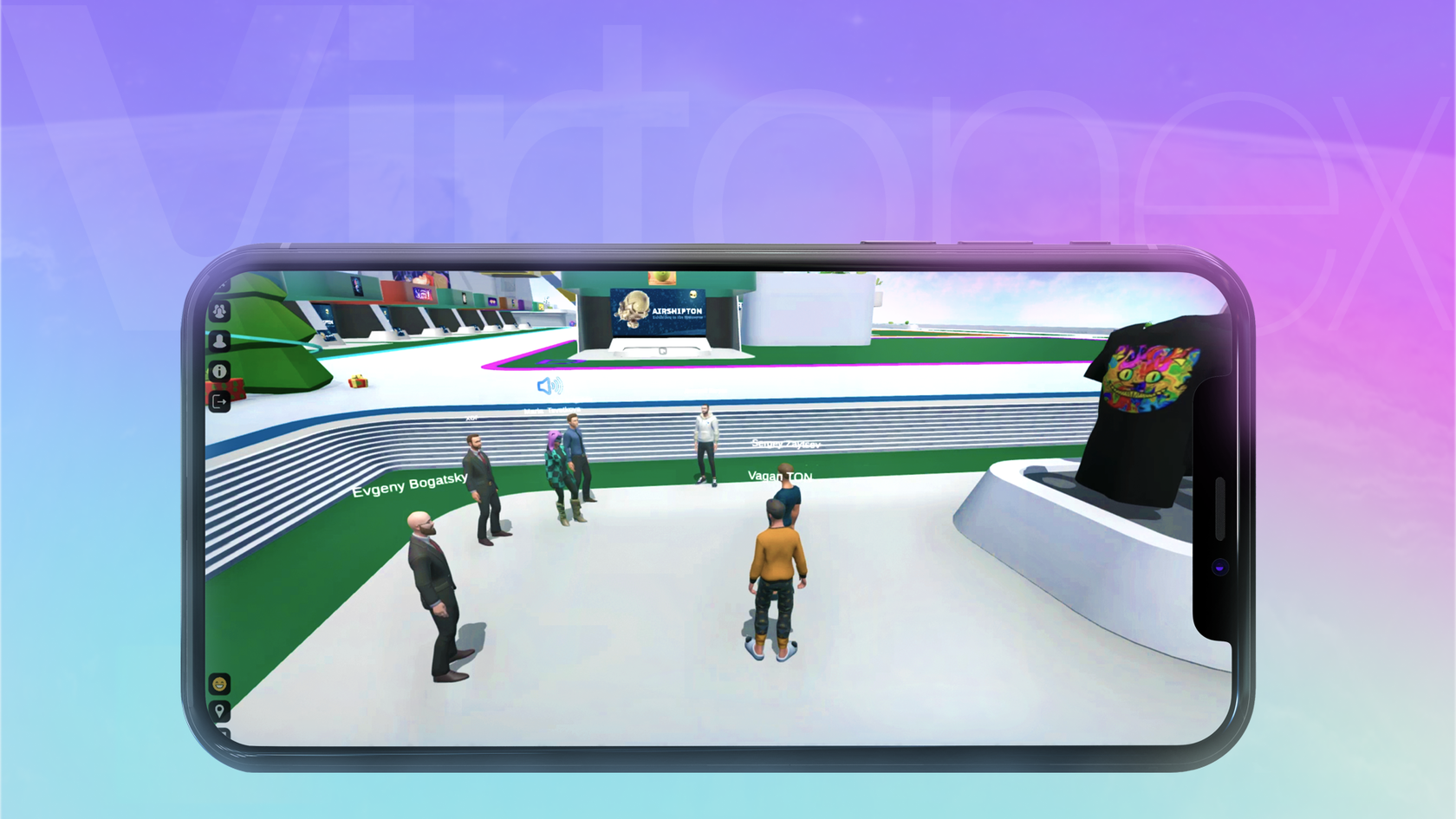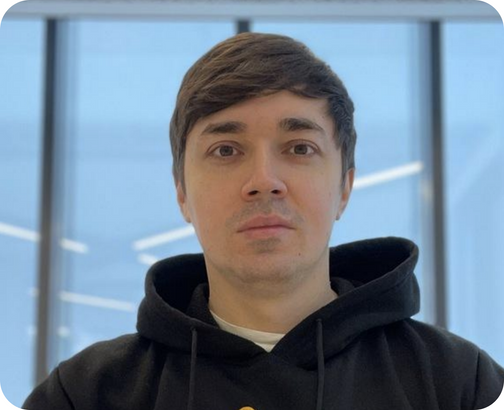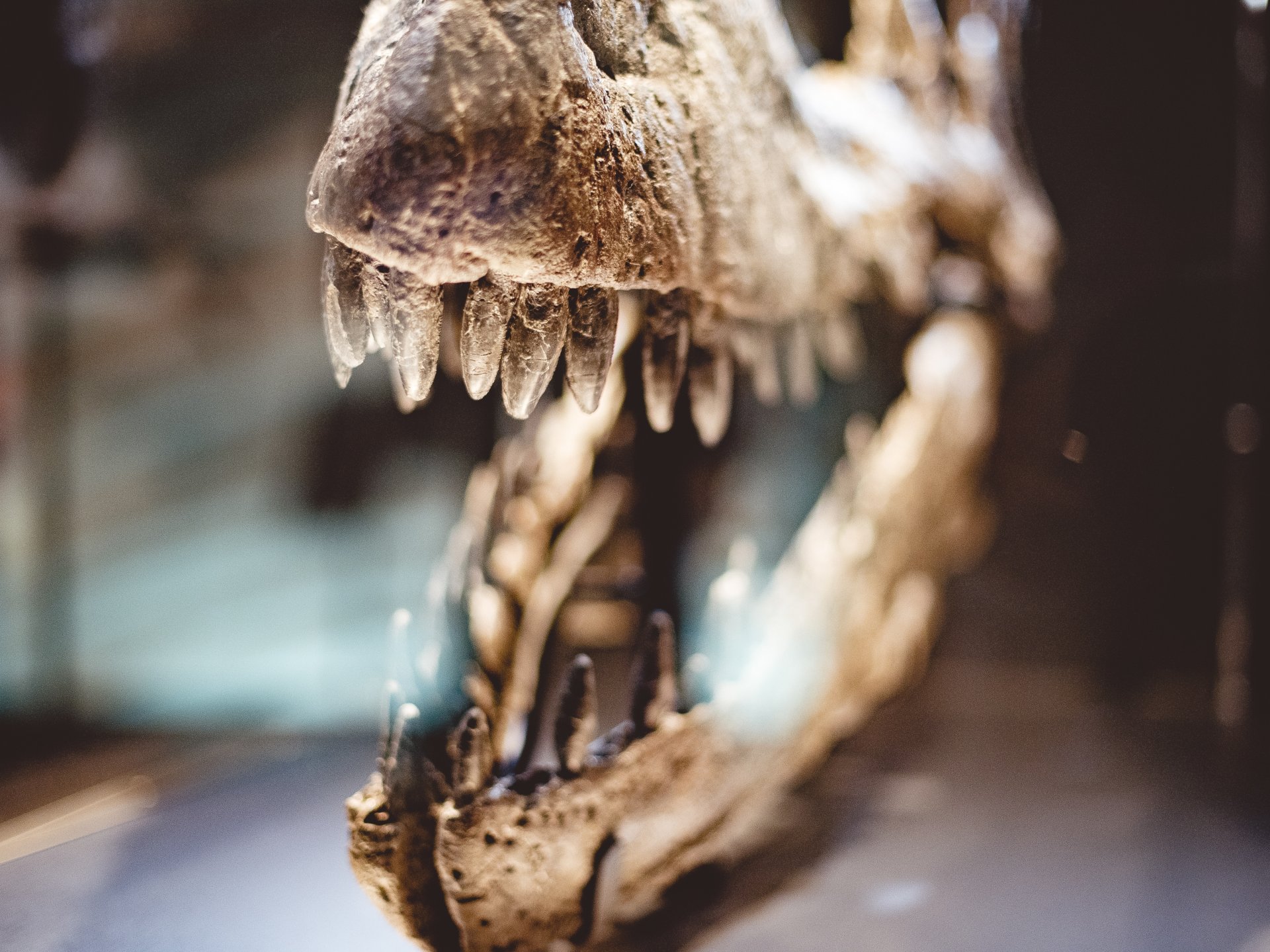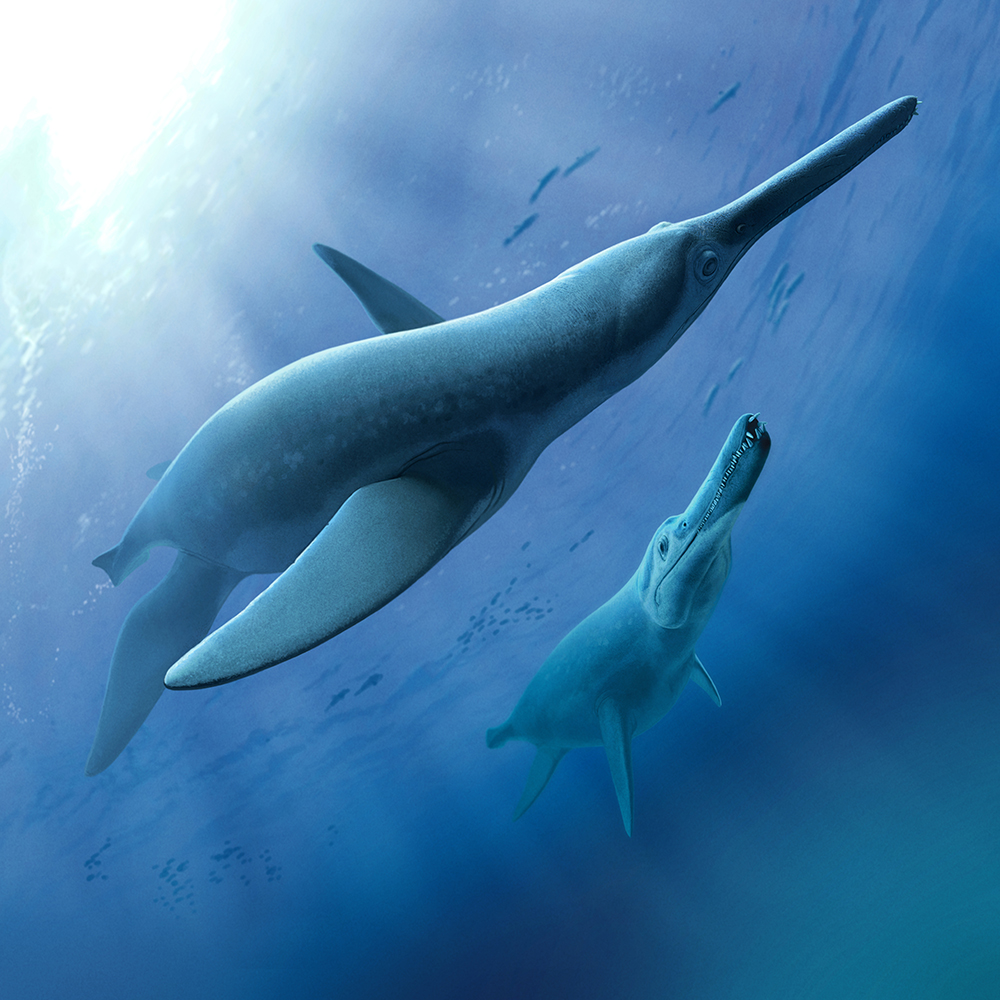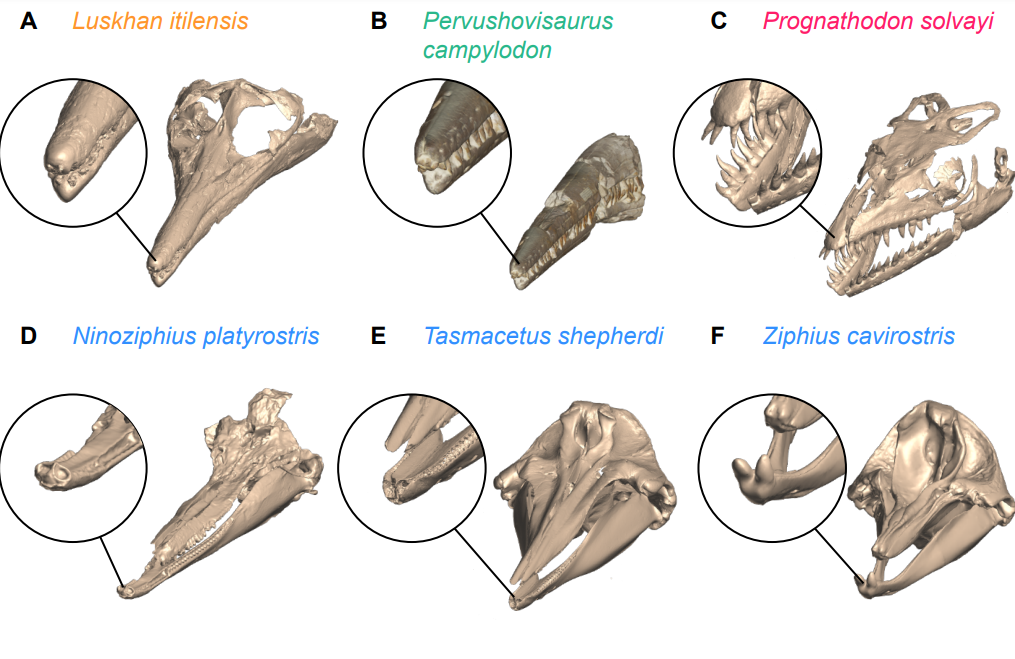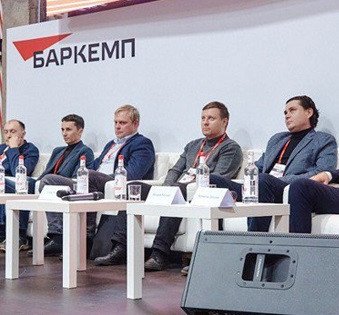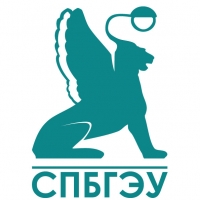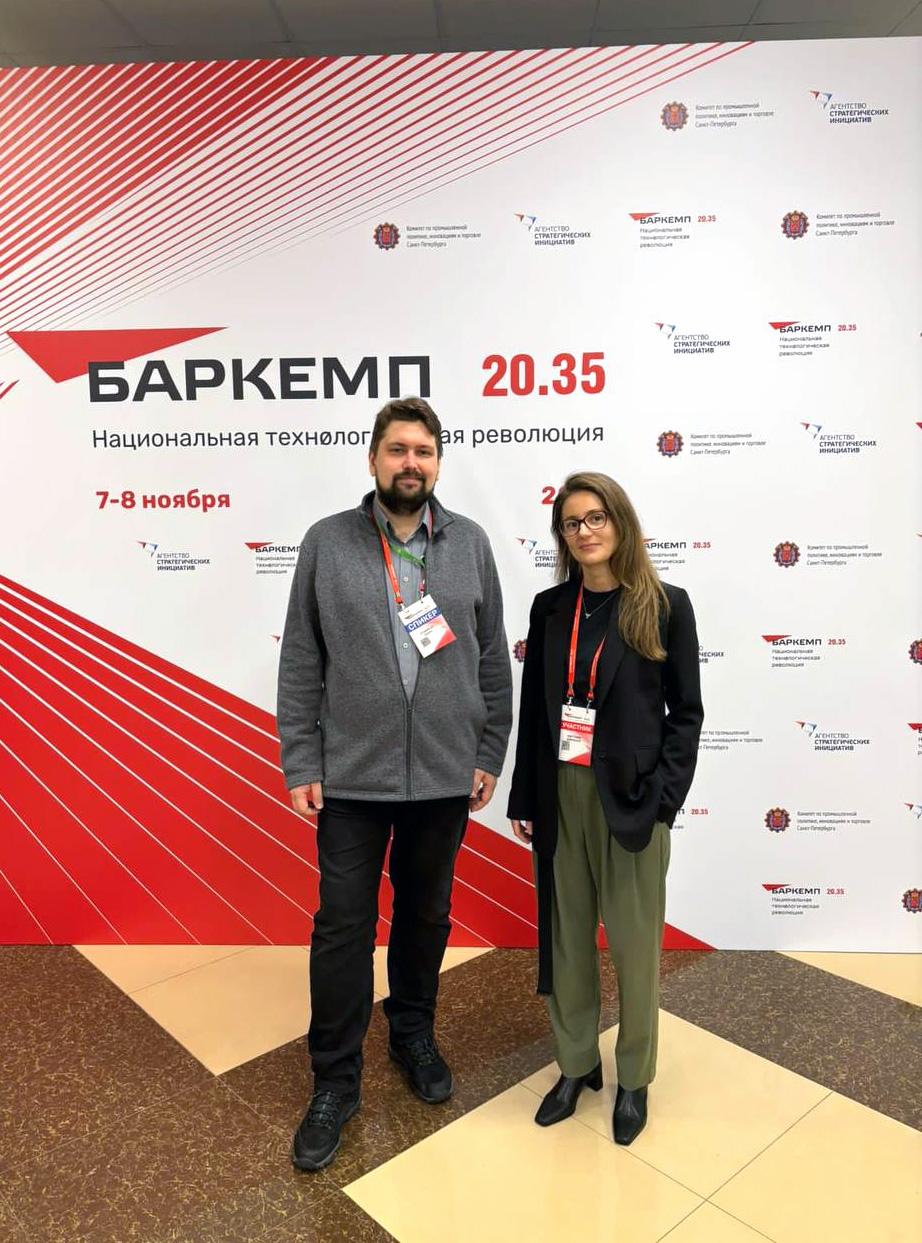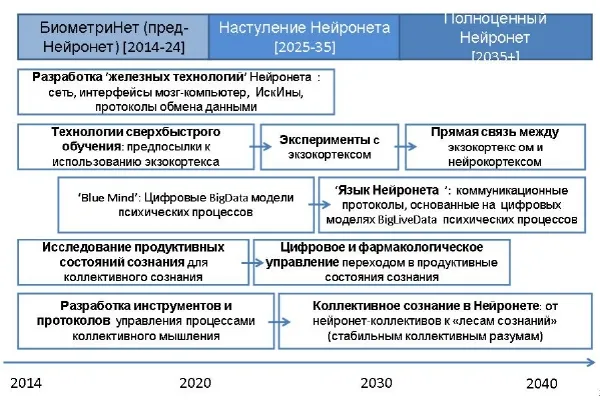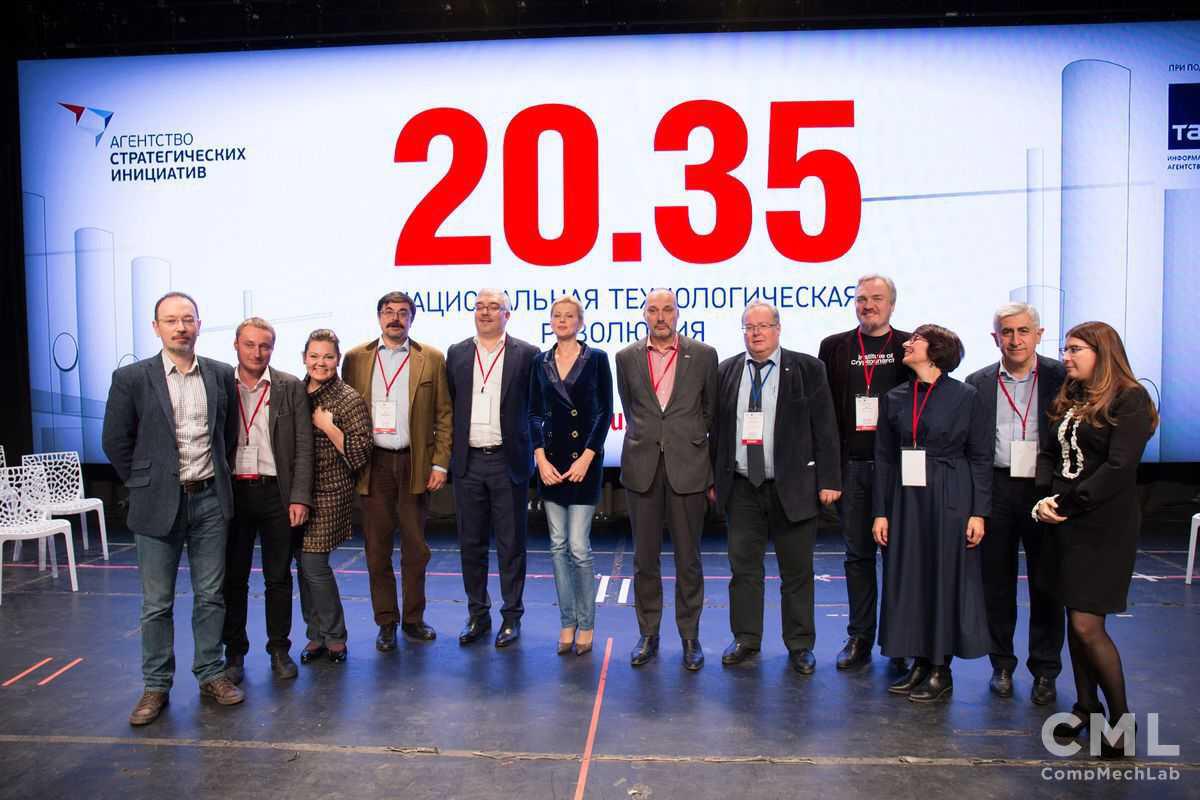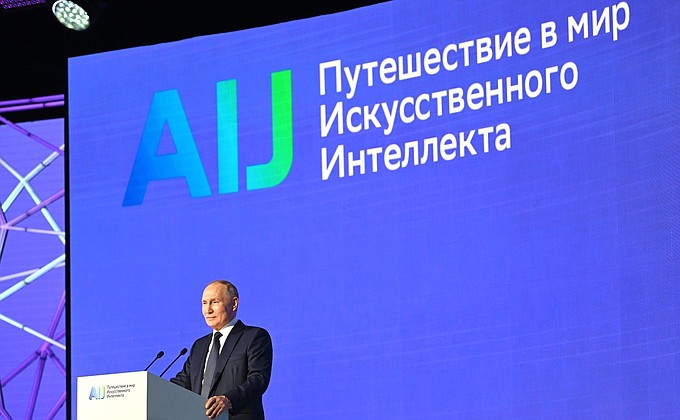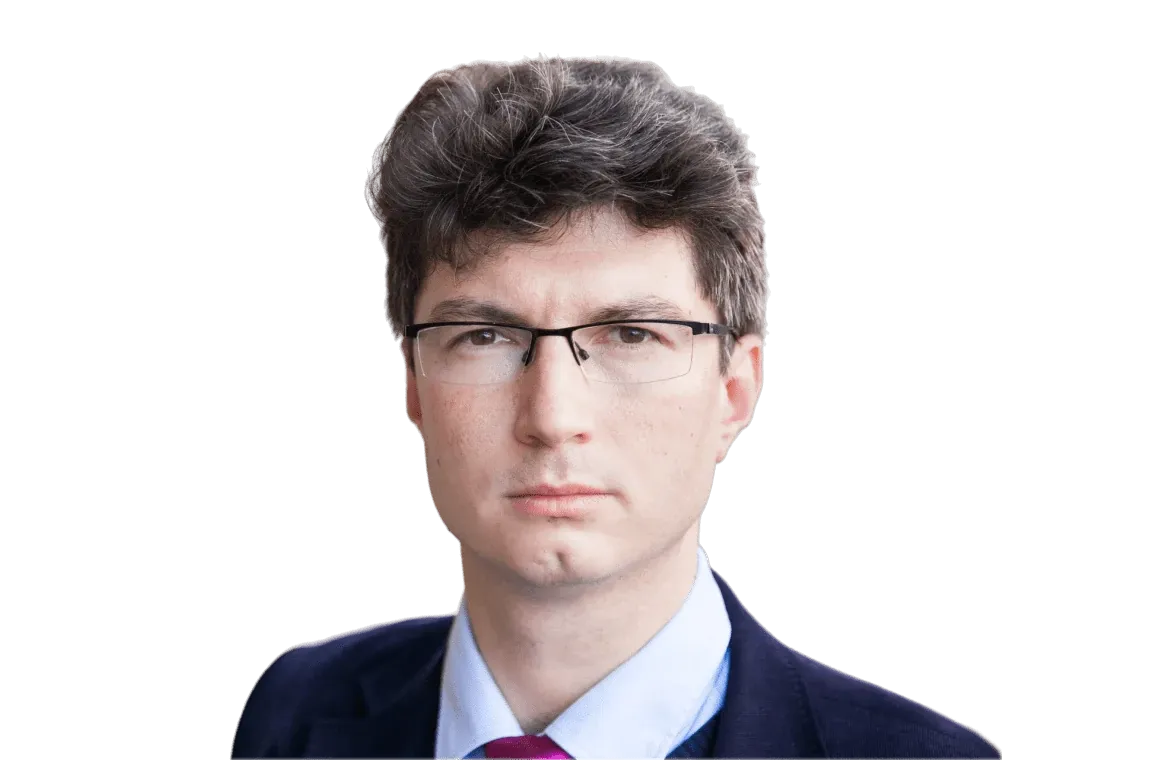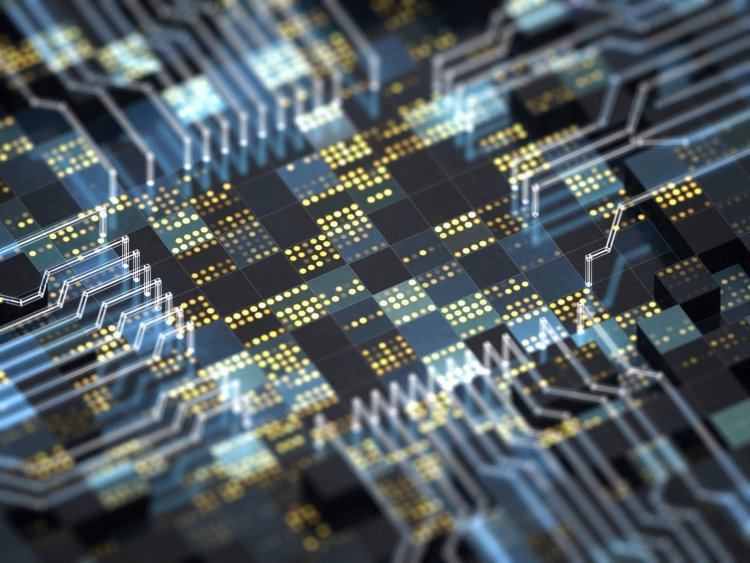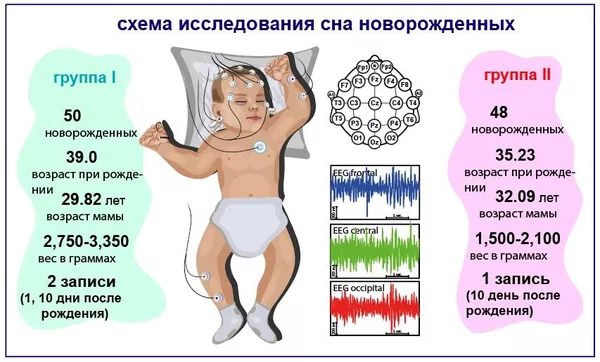Lalas
Star
- Joined
- Nov 8, 2022
- Messages
- 2,129
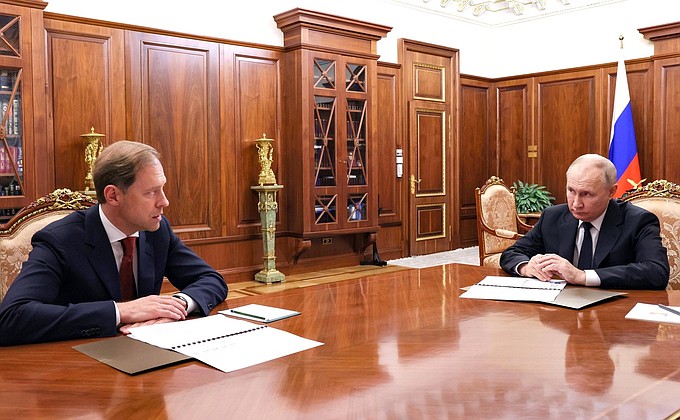
Встреча с Заместителем Председателя Правительства – Министром промышленности и торговли Денисом Мантуровым
Обсуждались результаты работы промышленного сектора за первое полугодие.
The results of the industrial sector for the first half of the year were discussed.
October 24, 2023
...
Denis Manturov:
[...]
If we talk about the future, the main emphasis in the updated federal project is not only on traditional metalworking and metal-cutting machines; The main focus is on modern equipment for additive technologies and robotics.
Vladimir Vladimirovich, I would like to thank you for instructing state-owned enterprises to increase the use of robotic products. This is exactly what makes an enterprise modern today and increases labour productivity, which you regularly set a task for our industrial enterprises. Robotics, of course, will be aimed at this.
We have formed a budget. This is an unprecedented amount for this industry – 300 billion rubles until 2030, the budget for the next three years is already 138 billion rubles, and the total volume of the federal project is more than 500 billion rubles with regional and extra-budgetary investments.
In terms of scale, the task is comparable to the pharmaceutical project that you personally supervised and worked on. It began in 2010 with a strategy, then a federal targeted program, a state program, appeared. Today, our pharmaceutical industry has demonstrated a strong and confident position, it has proved it during the Covid period, and it continues to grow constantly. We will continue to grow, despite the fact that the market is constantly growing.
We can probably also compare this target task with radio electronics, for which we have been given clear guidelines. Prime Minister Mikhail Mishustin is personally in charge of this area. There, too, all funds are provided for the period of implementation of the entire state programme. Taking into account these areas, all this is aimed at ensuring the technological sovereignty of our country and providing the sectors of the economy and industry with modern products.
Vladimir Putin: Good."
Под блокировку попали 167 VPN и более 200 почтовых сервисов
В России блокированы 167 VPN и свыше 200 почтовых сервисов в рамках противодействия угрозам устойчивости, безопасности и целостности сети связи. Такие…
October 25, 2023
In Russia, 167 VPNs and over 200 email services have been blocked as part of countering threats to the stability, security and integrity of the communications network.
Such data was presented by representatives of the Center for Monitoring and Management of the Public Communications Network (CMU SSOP) at the Spectrum -2023 forum, which takes place on October 24-25 this year, Interfax reports.
In addition, the Center blocked more than 590 thousand information resources, over 2 thousand phishing sites, more than 84 applications and more than 20 malware distribution centers. In addition, 17.5 thousand IP addresses are included in the “white list” and excluded from filtering.
TsMU SSOP was created on the basis of the “Main Radio Frequency Center” subordinate to Roskomnadzor (RKN) as part of the implementation of the law on the sovereign Runet for centralized management of the public communications network through technical means of countering threats (TSPU).

В России создали алгоритм для улучшения работы лазеров в системах квантовой связи
Программа позволяет максимально точно воспроизводить характер работы полупроводниковых лазеров, моделировать и анализировать влияние различных параметров, пояснили в пресс-службе
The program allows you to most accurately reproduce the nature of the operation of semiconductor lasers, simulate and analyze the influence of various parameters, the press service explained
...
"To the best of our knowledge, there has not yet been a user-friendly window application for simulating laser dynamics in the public domain. We hope that our program will be very useful to engineers and researchers who are involved in low-level design of telecommunication systems, in particular, quantum communication systems," - summed up Igor Kudryashov, a researcher at the quantum startup QRate (Moscow), whose words were quoted by the press service."
В 62 регионах России функционирует система распознавания лиц
Об этом сообщил ТАСС гендиректор компании-разработчика NtechLab Сергей Сучков. Если два года назад пилотные проекты по внедрению системы распознавания…
October 24, 2023
This was reported to TASS by the general director of the development company NtechLab Sergey Suchkov. Two years ago, pilot projects for the introduction of a facial recognition system were implemented in 5 regions, but now their number has grown to 62.
In most cases, intelligent video surveillance is used to ensure public order and for security purposes. In addition, the solution is used in educational institutions, including to control the entrance to the buildings where they are located.
NtechLab conducted its own research. According to the results, it was found that 74% of the 2,000 respondents surveyed believe that the increase in the number of CCTV cameras on the street and in crowded places increases safety.
Recall that in 25 regions they plan to use video analytics to monitor the quality of cleaning streets from snow. And the Russian developer's facial recognition solutions have been implemented in schools in India."

В ХМАО разработали ассистента губернатора с искусственным интеллектом
Разработку намерены представить главе Югры Наталье Комаровой 31 октября
They intend to present the development to the head of Ugra, Natalya Komarova, on October 31
NOVOSIBIRSK, October 26, 2023. A neuro-assistant governor with artificial intelligence, which will provide any information and analytical reports upon request, was developed in the Khanty-Mansiysk Autonomous Okrug, Deputy Governor of the region Pavel Tsiporin said in Novosibirsk at the Prof-IT regional informatization forum.
“We realized that AI should be used in government administration. Now all sorts of dashboards [information panels], assistants to top officials are fading into the background. We decided that our governor Natalya Vladimirovna Komarova needs to be given an assistant with whom she will communicate and request any information , and he will not only give out some numbers, but also analytical reports,” said Tsiporin.
According to him, the first version of such an assistant will be presented to the governor on October 31. “We met with the governor’s assistants, they, of course, are a little worried about their future, but they help us set it up so that it communicates the way our governor is used to, and not just generates texts,” added the deputy head of Ugra.
The region also plans to use AI to prepare draft regulations. “You yourself know that we have countless standards in the country. For now, we are training so that it [the program] generates projects for making changes to our standards, then we will further train it so that it generates new regulations and looks for contradictions - this is also an important thing,” he emphasized Tsiporin.
The All-Russian Forum "Prof-IT" has been held annually since 2013 by the Electronic State Expert Center with the support of the Russian Presidential Administration with the aim of creating innovations, solutions and effective practices in the IT industry that have practical significance for the implementation of the tasks of regional informatization and the development of economic sectors. This year the forum takes place on October 26-27 in Novosibirsk."
В Ярославской области запустят интеллектуальную систему видеонаблюдения
Для обеспечения безопасности в общественных местах городов Ярославской области, правительство региона планирует интегрировать все камеры видеонаблюдения…
October 24, 2023
To ensure security in public places in the cities of the Yaroslavl region, the regional government plans to integrate all video surveillance cameras into a single system, the press service of the regional government reports.
First of all, the number of video cameras will be increased, their number will reach 6000. This also includes devices installed on highways and weight and size control points. It is also planned to equip container sites, recreation areas in forests, parks, public spaces, and public transport stops with a video surveillance system.
Video images from the cameras will be sent and analysed in the Situation Centre. This will allow you to respond to incidents more quickly.
Recall that the governor's project "Our Yards" operates in the region, which provides, in particular, for the expansion of the video surveillance system.
